Bear with me for a moment as I take you back to 3rd-grade science. Cows give milk, chickens lay eggs, and bees make honey. Since milk and eggs are off-limits to vegans (what with them being animal by-products and all), the same must go for honey, right?
You would think so. In truth, the question of whether honey is vegan or not is a hot topic of debate within the vegan community. Some say honey should be given an exception since, unlike cows, bees don’t actually produce honey from their bodies, while others believe that anything made by living beings themselves is a big no-no.
Come with me while we explore this topic and discover why honey may or may not be vegan. I’ll also cover some alternatives to this sweet, sticky treat in case you decide not to indulge in honey anymore. Let’s dive in!
What even is honey, anyway? Why do bees make it?
Honey is a thick, golden liquid made by bees from the nectar of flowers that we humans have been using as a sweetener even before we figured out agriculture (which was roughly around 9,000 years ago). It’s deliciously sweet (duh!), has medicinal properties, and never goes bad, so it’s no wonder humans (and several animal species) love it.
But why do bees even make honey? The answer is simpler than you might think: bees produce honey to have stores of food during the winter months when there aren’t as many flowers in bloom. Bees normally feed on nectar, which is their energy source. What happens during the colder months when the flowers die? To plan ahead for this, the female bees labor endlessly to convert nectar into honey (to prevent it from fermenting) and feed on the sweet liquid when needed.
Is honey vegan? Or even ethical?
While honey isn’t made from bees, it’s made by and for bees. When we eat honey, we’re essentially stealing a part of their labor and winter food source, which goes against the very ethos of veganism. Entire hives of bees are also harmed during the process of retrieving the very honey in the first place (more on this below). Because of these two main reasons, we at Exploring Vegan think honey isn’t vegan or ethical, and don’t consider it a suitable choice for those who want to maintain a strictly vegan diet.
The line in the sand, however, isn’t that clear. Because a healthy honey bee colony is typically able to produce 2-3 times the amount of honey it needs, some vegans think eating the surplus honey is okay. But this argument overlooks the glaring ethical issues that come hand-in-hand with commercial bee farming.
Consuming honey isn’t ethical, and here’s why
We’ve established that honey isn’t vegan. Is it ethical? Also no. Here’s why.
It harms bee health
Beekeepers usually swap all the honey from the hives (not just the surplus) with sugar water. The problem with this is that this sugar water is nowhere equal to honey because it doesn’t contain all the micronutrients that bees need. In fact, a sucrose diet is said to actively harm bee health by shriveling their intestines, reducing their immunity, and making them more susceptible to diseases.
Imagine if you labored endlessly to save money, and someone just swooped in to steal it all away from you, replacing your hard-earned cash reserves with Monopoly money? That’s what bee farming does to bees. To put things into better perspective for you, a single bee can only create 0.8 grams (1/12th of a teaspoon) of honey in her lifetime, which means a single teaspoon of honey contains the life’s work of 12 bees!
It employs cruel practices
Most commercial beekeepers want to increase profits while reducing overhead costs. Unfortunately, this often comes at the cost of bee health.
Just like cows and chickens, the Queen bees are often artificially inseminated to produce superior quality bees and speed up the breeding process, because more bees = more honey. How does this artificial insemination process occur, you ask? By killing the drone bees (male bees) in droves and extracting the semen from them. To prevent the Queens from leaving the hive, beekeepers also clip their wings, essentially imprisoning them.
But that’s not all. When it’s time to harvest the honey, beekeepers either trap the bees with boards or kill them altogether. When winter comes around, there are no flowers for the bees to create more honey. But the bee farmers still have to feed the bees in order to keep them alive, which means extra costs with no profits, so they cull entire colonies, instead. This is also their response to disease outbreaks–smoking or burning hives with the bees still inside them. If you’re wondering how many bees make up a hive, it’s around 60,000.
It harms ecosystems
In addition to using bees for honey, beekeepers also lend them to farmers to help with crop pollination. Every year, the bees travel thousands of miles in what is known as migratory beekeeping. So far away from home, they get stressed out and become more susceptible to pathogens and diseases.
In the wild, these bees also mix with other native pollinators, spreading their pathogens and leading to a decline in other pollinator species. In fact, migratory beekeeping has been identified as one of the main reasons for the dwindling numbers of native bumble bees.
Okay, so honey is neither vegan nor ethical. But you love the stuff and don’t want to give it up. What do you do now? Don’t worry, I’m not going to ask you to give up this delicious treat (unless you want to). At Exploring Vegan, we believe that being vegan doesn’t have to be inflexible because every little bit counts.
With that being said, one option is buying raw honey directly from small-scale beekeepers who have the best interests of the bees at heart. Another option is replacing honey with a similar thick, viscous liquid sweetener, aka a plant-based alternative to honey!
Vegan alternatives to honey: What you can use instead
I’m a gal with a sweet tooth. I used to eat honey like there was no tomorrow. Fruits, waffles, bread- you name it, I added honey to it. When I started my vegan voyage and learned the un-bee-lievable backstory behind honey, I decided to replace this sweetener with other plant-based alternatives.
Here’s a disclaimer, though. Not all plant-based sweeteners are vegan, so double-check the ingredients label before you take a bottle home.
- Maple syrup: Made from the sap of maple trees, maple syrup looks like honey and tastes equally delicious.
- Agave nectar: This sweetener is derived from the stems of agave plants, a type of succulents native to South America. Sporting the consistency and taste of thin honey, agave nectar can be used in place of honey in foods, desserts, and beverages.
- Brown rice syrup: This thick, golden sweetener is made by cooking whole-grain brown rice and exposing it to enzymes that break down the starch into small sugars. It’s super similar to honey, except it’s vegan, doesn’t contain any gluten, and is fructose-free!
- Date syrup: Made using nothing but boiled dates and water, this syrup makes for a very nutritious vegan alternative to honey.
- Sorghum syrup: This sweetener is made from the juice extracted from the sorghum plant after crushing its stalks. Sorghum syrup has earthy tones and a subtle, but sweet flavor.
Alternatively, you can also try molasses, barley malt syrup, coconut nectar, or concentrated fruit syrups to add sweetness to your vegan recipes.
Does vegan honey exist?
If the natural sweeteners mentioned above don’t satisfy your sweet tooth like honey, you’re in luck! Just like vegan meat, many brands have started developing bee-free vegan honey. Here are some vegan honey brands being shelved in supermarkets and online stores right now:
- Mellody by MeliBio. This is the only vegan honey to taste, perform, and even crystallize just like bee-made honey! Unlike other vegan honey brands that use a combination of natural sweeteners, MeliBio uses science to create Mellody, whose molecular structure is identical to bee-made honey. Pretty sweet, right?
- Bee Free Honey by Blenditup. This organic and vegan honey is made from apples and is gluten-free.
- Nectar by Gaffney Foods. Why blend natural sweeteners together when you can do the work of bees and create honey directly from the nectar of flowers? That’s exactly what Gaffney Food’s vegan honey is!
- Just-Like-Honey by Suzanne’s Specialties. This jar of vegan honey is made using a combination of plant-based honey alternatives like agave syrup, maple syrup, and brown rice syrup.
What do you think? Are you for or against honey being included in vegan diets?

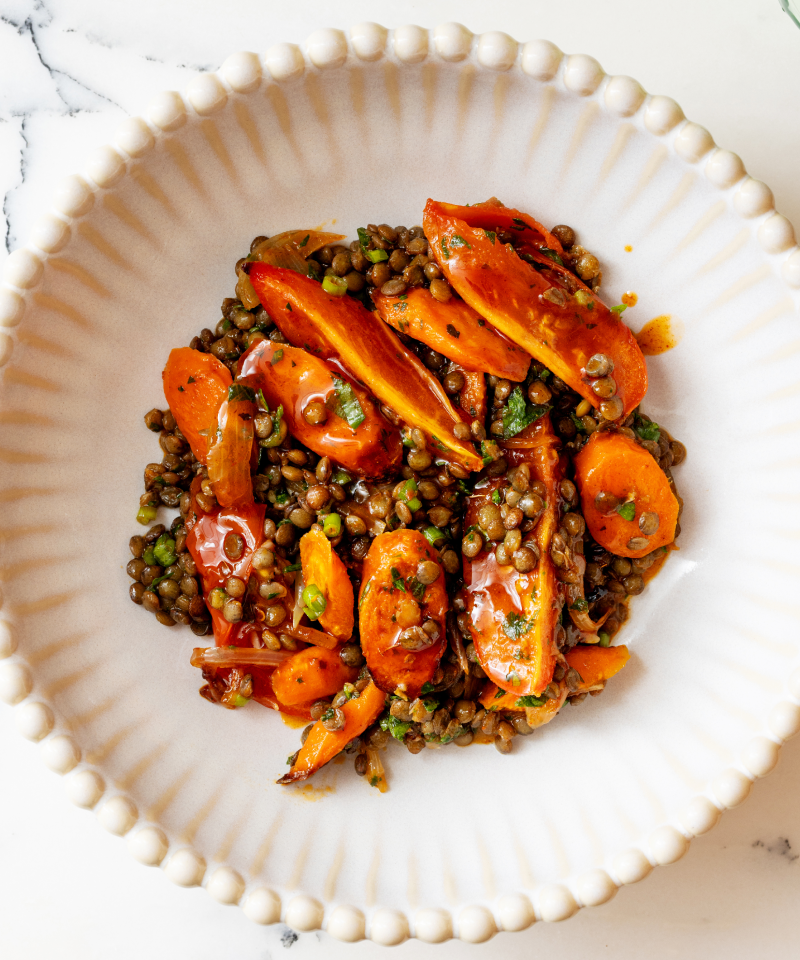
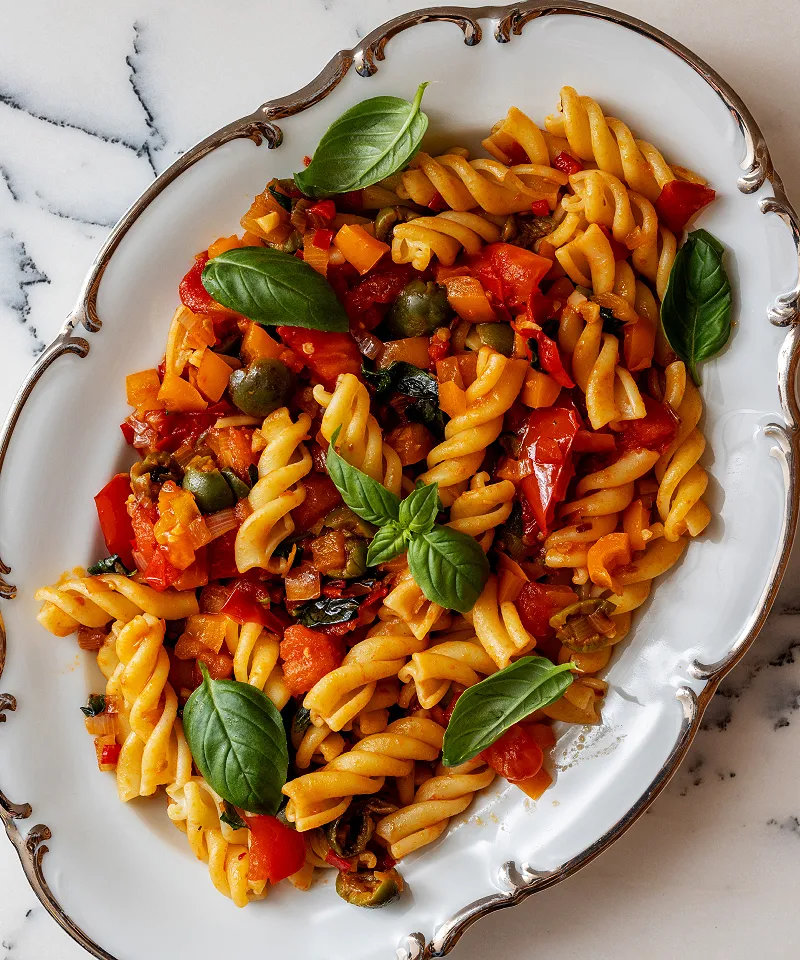
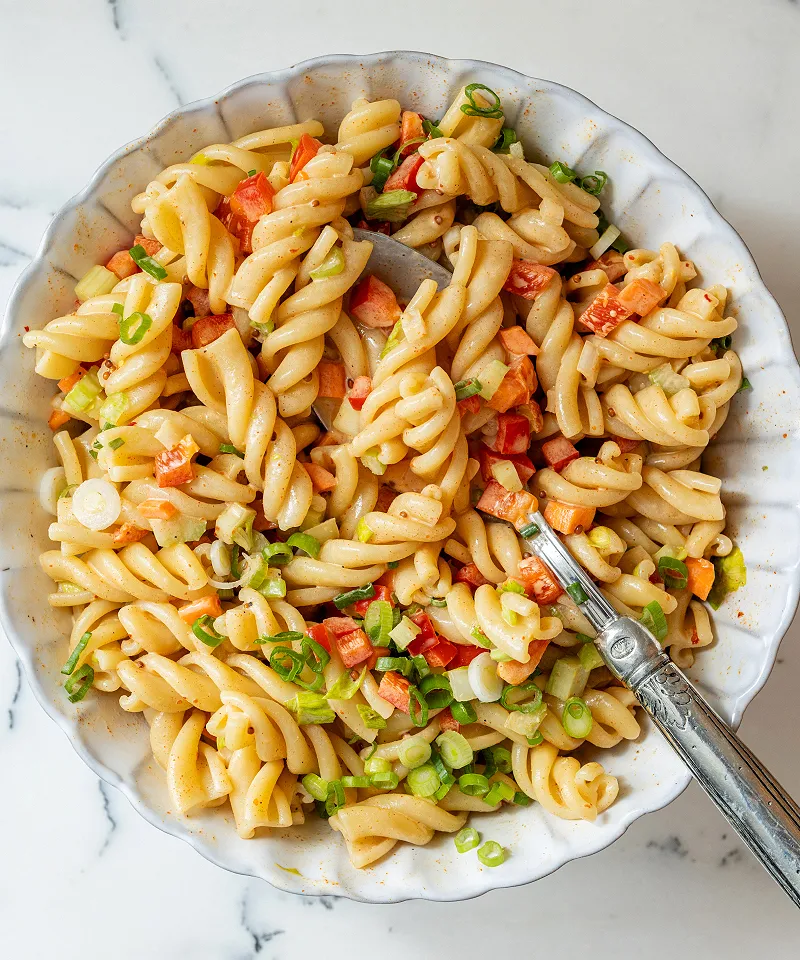
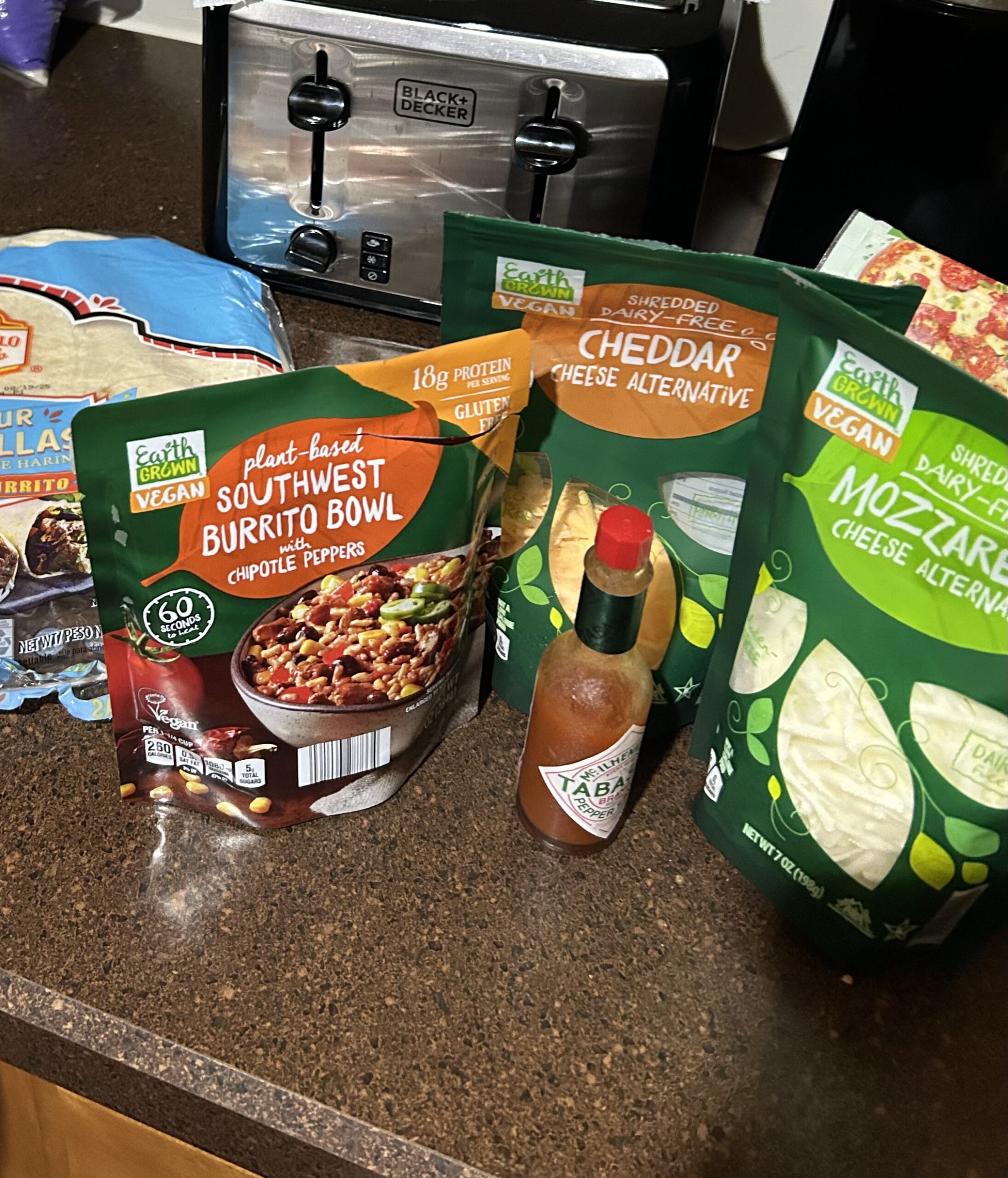
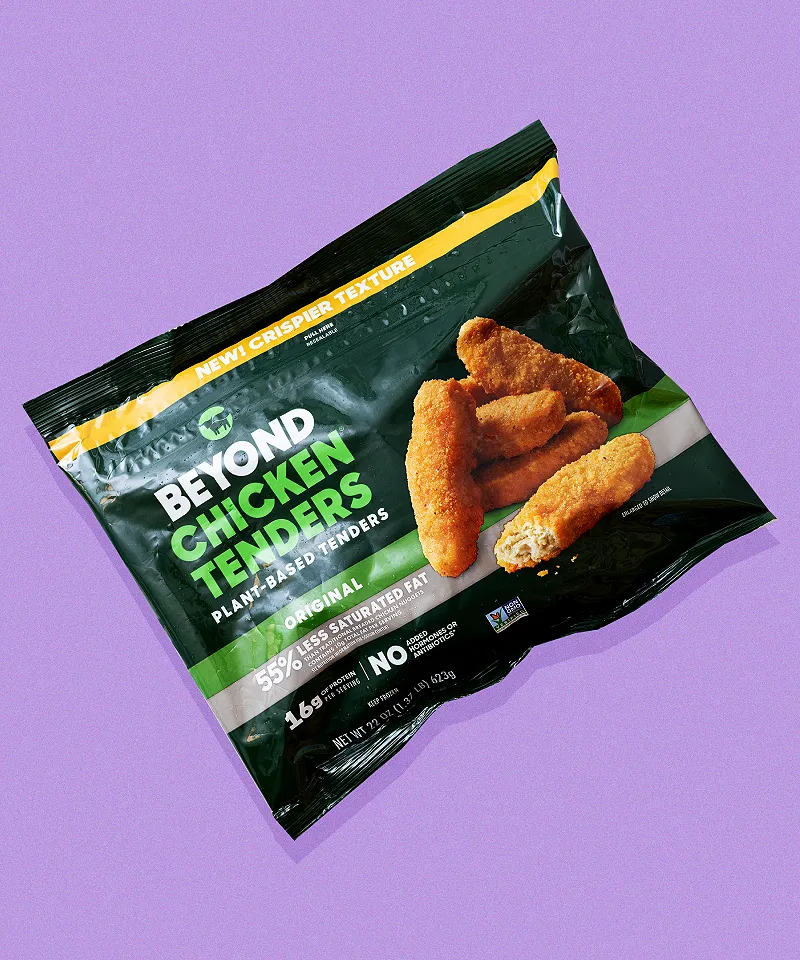
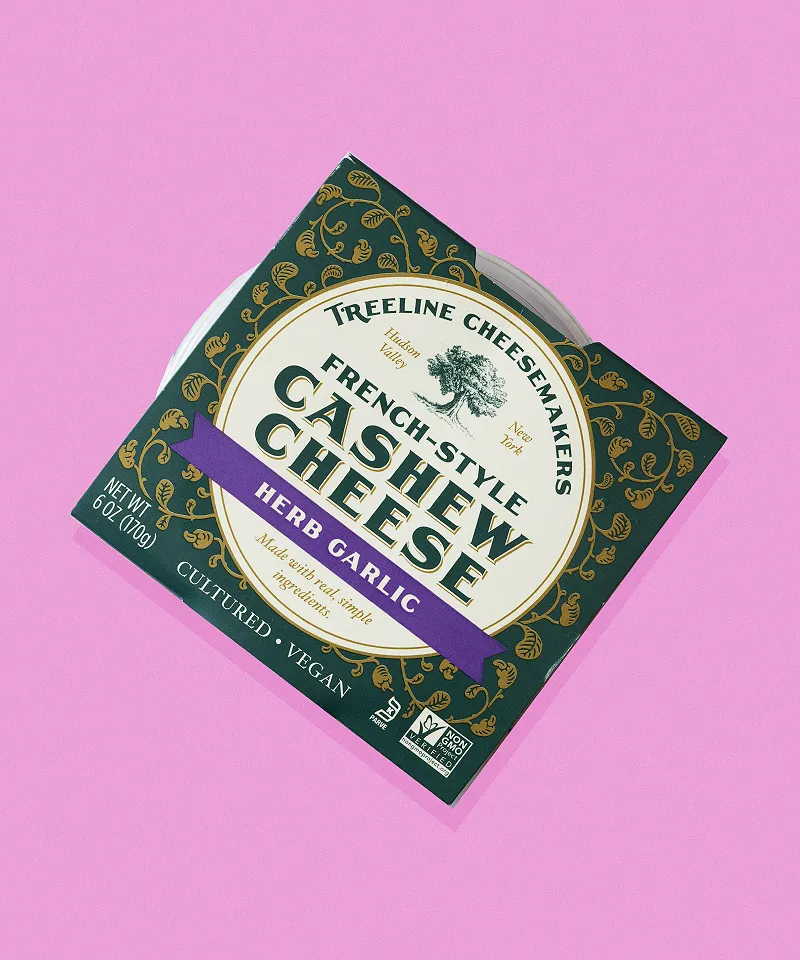
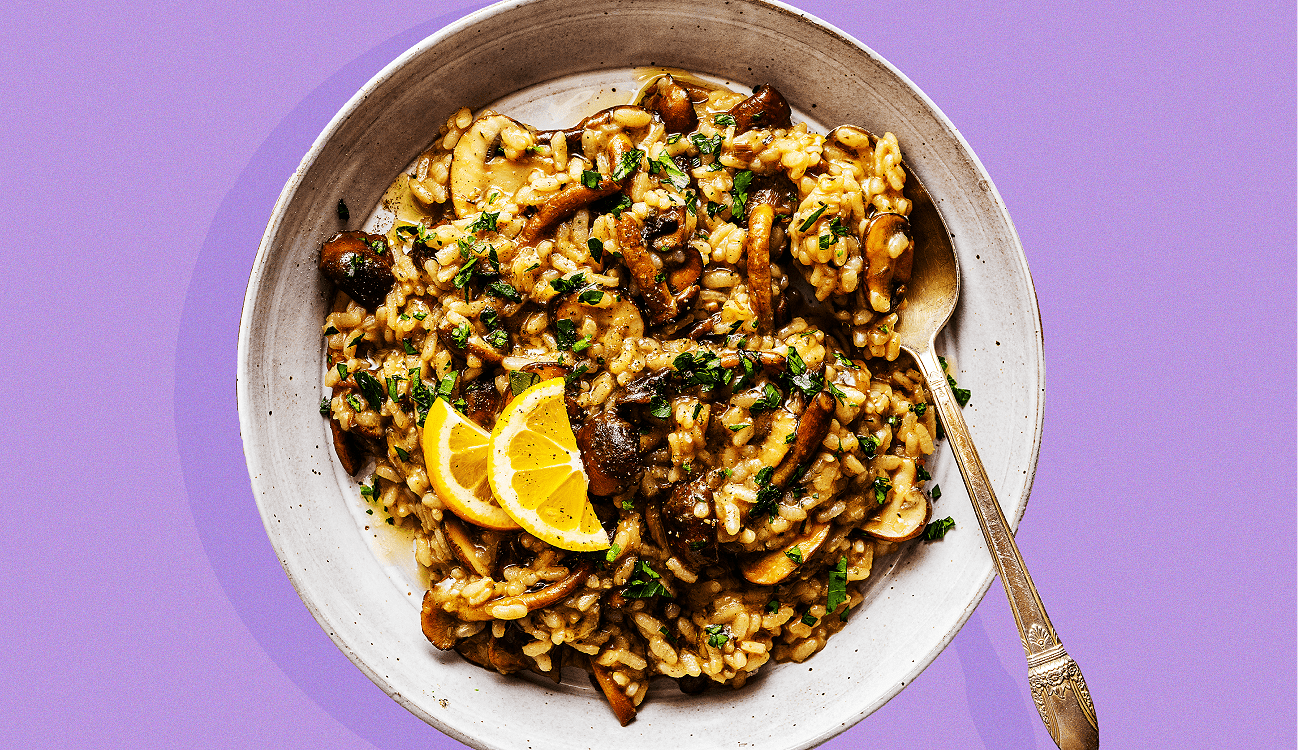
I appreciate the concerns about the ethical implications of consuming honey, particularly in relation to the well-being of bees. However, I believe it’s important to consider the full picture when it comes to alternative sweeteners like agave syrup.
While agave syrup is often recommended as a vegan-friendly and bee-conscious alternative, it comes with its own set of health concerns. Agave syrup is very high in fructose, which can have significant negative effects on human health when consumed in large amounts. High fructose intake is linked to insulin resistance, fatty liver disease, and other metabolic issues, making it a less desirable option for those looking to maintain a healthy diet.
On the other hand, ethically sourced honey can be produced in ways that support bee health and promote biodiversity. Many responsible beekeepers use sustainable practices that ensure the well-being of their hives and the surrounding environment. By choosing honey from these ethical sources, we can enjoy its nutritional benefits—such as its antioxidants and minerals—while supporting practices that do not harm bee populations.
It’s crucial to make informed choices that consider both the ethical and health impacts of our food. Supporting sustainable beekeeping can be a way to enjoy honey responsibly while being mindful of our environmental impact. Maple syrup is also a great option. Similarly, being aware of the health implications of alternative sweeteners can help us make better choices for our overall well-being.
In the end, it’s about finding a balance that respects both the environment and our health.